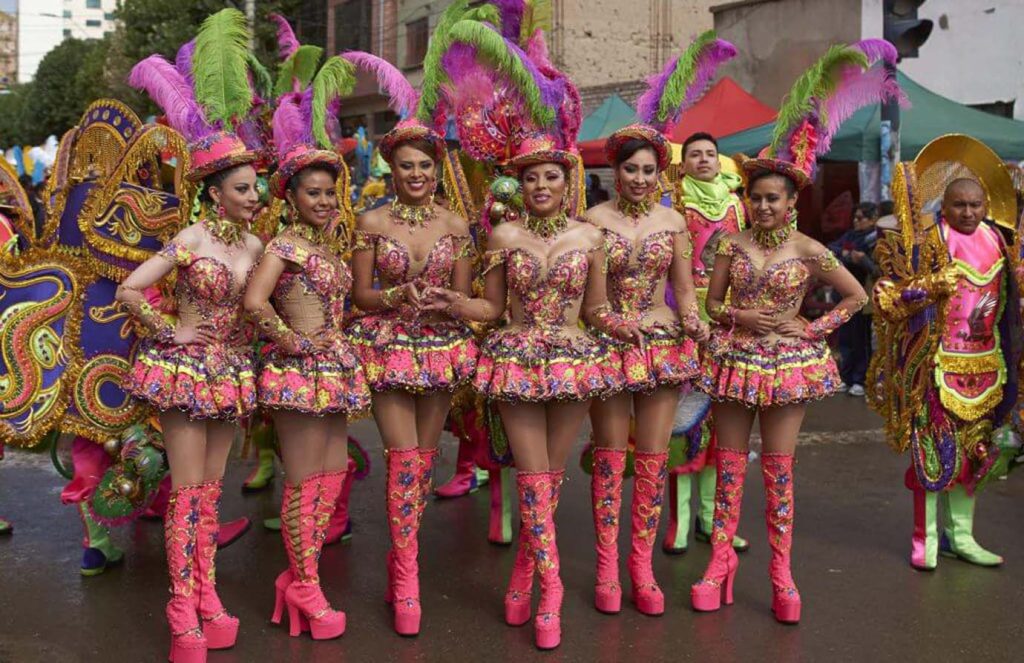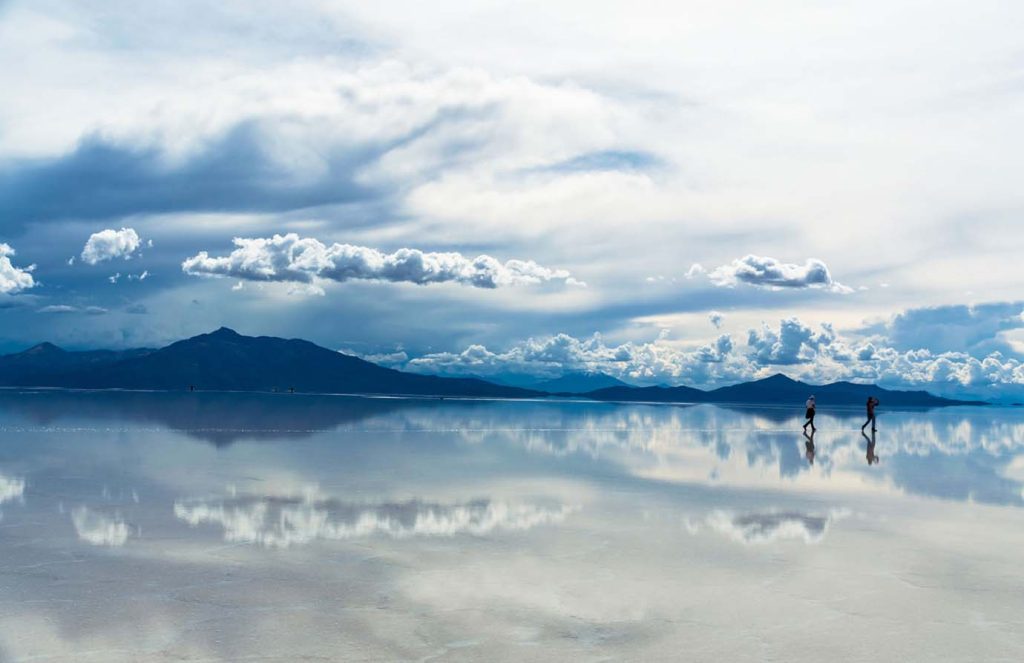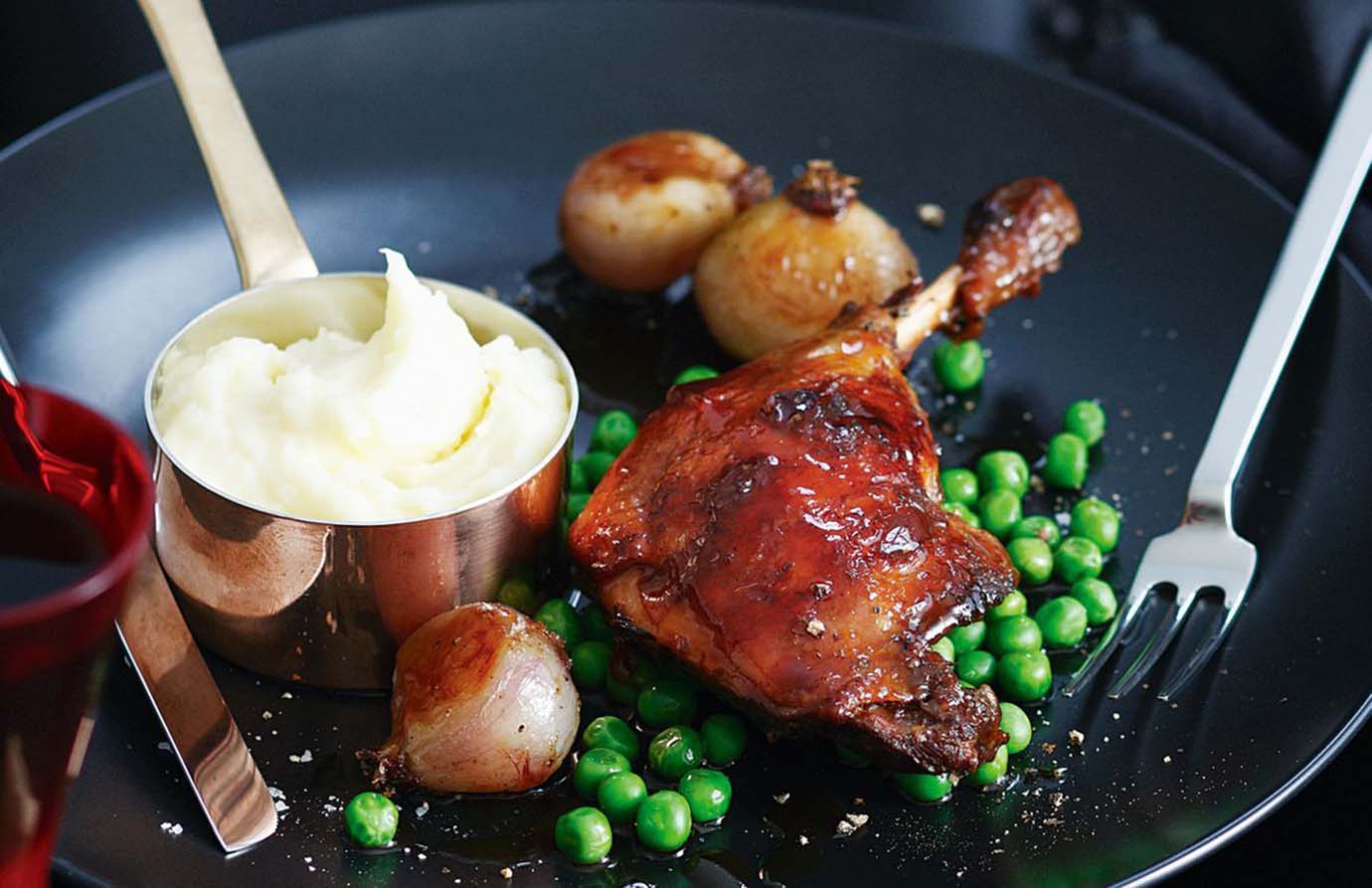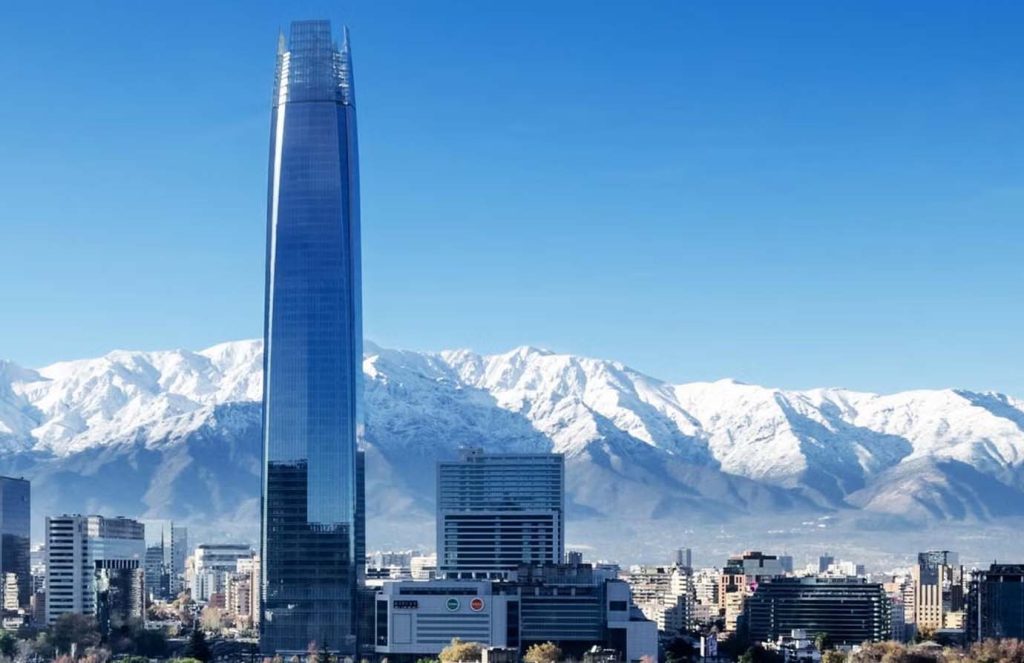Bolivia, a land of immense cultural diversity, offers travelers a unique opportunity to immerse themselves in the richness of indigenous traditions and customs. I feel incredibly privileged to have explored the depths of Bolivian culture, witnessing and participating in captivating rituals and celebrations that have been cherished for generations.I will take you on an enchanting journey through some of the most captivating Bolivian traditions, providing a deeper insight into the profound connection between the indigenous communities and their ancestral heritage.
The Inti Raymi Festival – Embracing the Sun’s Blessings
At the core of Bolivian traditions lies the Inti Raymi Festival, a vibrant celebration of the Sun God, Inti. Taking place on the winter solstice, June 21st, this ancient Inca festival honors the life-giving force of the sun and its significance in the agricultural cycles. In cities like Cusco and La Paz, travelers can bear witness to the enchanting processions, traditional dances, and ceremonial offerings to the sun, offering a glimpse into the spiritual world of the indigenous people.
Pachamama Rituals – Revering Mother Earth’s Abundance
Pachamama, or Mother Earth, holds a sacred place in Bolivian indigenous beliefs. The Andean communities pay homage to Pachamama through various rituals, such as the Ch’alla ceremony. During these ceremonies, offerings of coca leaves, alcohol, and symbolic items are made to the earth as an expression of gratitude and a plea for her protection and blessings. Immersing yourself in these rituals fosters a deeper connection with nature and provides an insight into the spiritual practices that have been preserved for centuries.
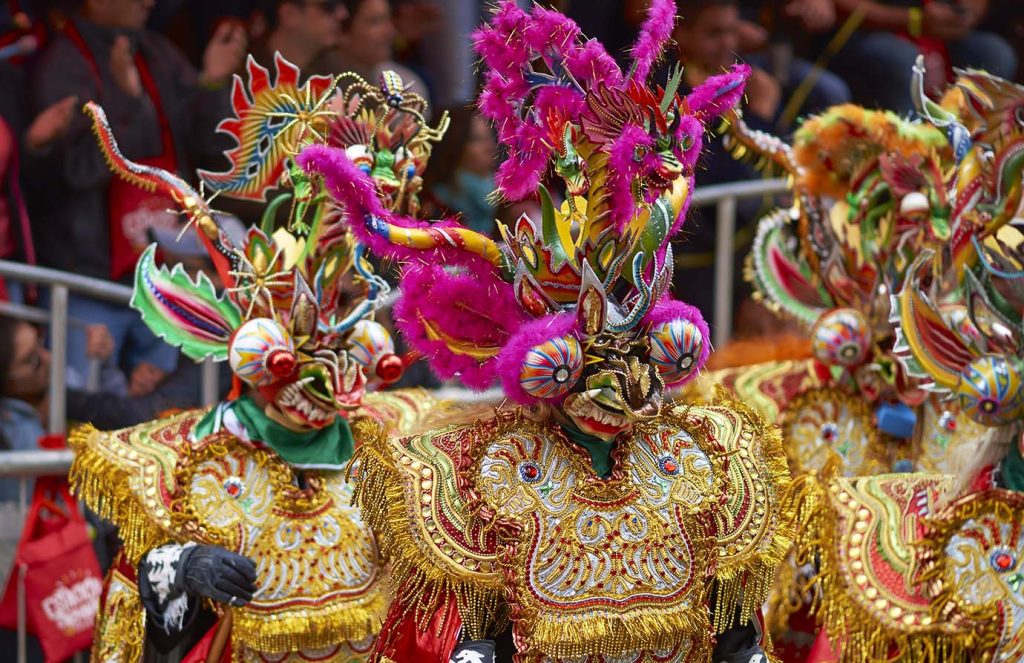
The Diablada Dance – A Carnival Extravaganza
Carnival is a time of exuberant celebrations across Bolivia, and one of the most captivating traditions is the Diablada dance. Originating from the mining town of Oruro, this dance portrays the eternal battle between good and evil, with dancers clad as demons, angels, and ancient spirits. The elaborate costumes, captivating music, and dynamic performances make the Diablada an extraordinary spectacle. Participating in the Carnival festivities allows travelers to immerse themselves in the vibrant spirit of Bolivian culture.
Tinku – A Dance of Harmony and Respect
Tinku, meaning “encounter” in Quechua, is a ritualistic dance that originated in the rural regions of Bolivia. Rooted in the principles of reciprocity and balance, Tinku symbolizes unity and respect among indigenous communities. During the dance, participants wear vibrant attire and engage in rhythmic movements, fostering a sense of camaraderie and interconnectedness. Tinku stands as an extraordinary tradition, reflecting the profound social fabric of Bolivian culture.
Traditional Clothing and Textiles
Bolivia’s indigenous communities take great pride in their traditional clothing and textiles, which serve as a vital expression of their identity and heritage. Travelers can witness the intricate craftsmanship of textiles, from the woven patterns of the aguayo to the elaborate designs of the pollera skirts. Exploring local markets and workshops offers a glimpse into the skill and dedication required to create these treasured pieces of art.

Aymara New Year – Welcoming a Season of Growth
Celebrated during the winter solstice, the Aymara New Year, known as Willka Kuti, is a sacred tradition for the Aymara people of Bolivia. This festival marks the beginning of the agricultural cycle and is a time for spiritual cleansing and renewal. Travelers can join in the celebrations in rural communities, where rituals, dances, and offerings to the earth take place, ushering in the new agricultural season with hope and gratitude.
Folk Music and Dance – A Window to Bolivia’s Soul
Bolivian folk music and dance are the heartbeat of the nation, embodying its diverse cultural tapestry. The haunting melodies of the panpipes and the rhythmic beats of drums create an enchanting ambiance during festivals and ceremonies. Traditional dances like the Caporales, Morenada, and Cueca offer a dynamic expression of Bolivian identity, and travelers can participate in dance workshops to learn the movements and connect with the country’s artistic heritage.
Q’oa – A Tradition of Community Collaboration
Q’oa is a unique indigenous tradition of communal work. In rural communities, people come together to assist their neighbors with agricultural tasks or construction projects, fostering a strong sense of community and collaboration. Travelers can actively participate in Q’oa activities, contributing to the local communities and gaining firsthand experience of the collective spirit that defines Bolivian culture.
Immersing oneself in Bolivian traditions is a remarkable and unparalleled experience that connects travelers with the essence and soul of this diverse nation. From the Inti Raymi Festival, which pays homage to the Sun God, to the captivating Diablada dance during Carnival, each tradition offers a glimpse into Bolivia’s vibrant cultural mosaic. Through engaging in rituals, experiencing folk music and dance, and witnessing the profound reverence for Mother Earth, travelers gain a deeper appreciation for the indigenous communities’ enduring connection with their ancestral heritage. Embrace the opportunity to partake in these time-honored customs, and let Bolivian traditions leave an indelible mark on your journey through this enchanting land.
